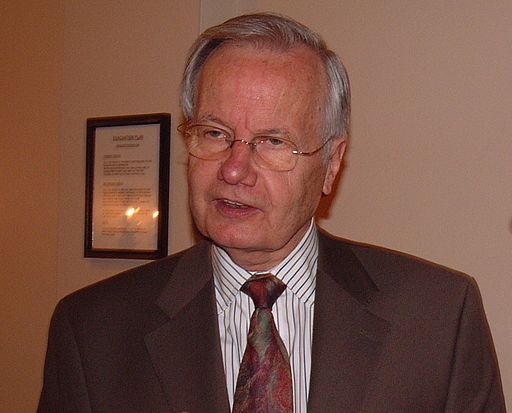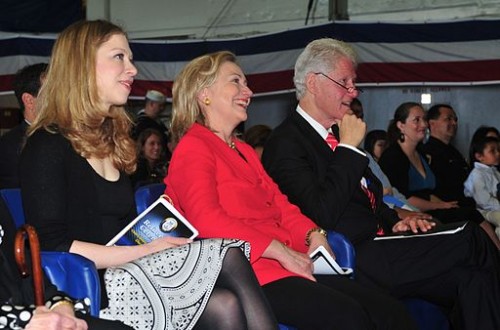[Editor's note: Below is the response from Mr. Bill Moyers to Mr. Martin Morse Wooster's article, in which Mr. Wooster criticized Mr. Moyers for a lack of transparency. Mr. Moyers alleges that Mr. Wooster's claims were inaccurate and unfair.]
To the Editor
Philanthropy Daily
Assuming that accuracy is as important to your journalism as it is to mine, I wish to point out a serious error in Martin Morse Wooster’s criticism of Bill McKibben and me in his October 7th article under the headline: “Some on the left need transparency too.”
Mr. Wooster writes that when Bill McKibben appeared on my broadcast I did not disclose that the Schumann Media Center, which I head, has been a significant funder of McKibben’s work, including the endowed chair he holds at Middlebury College. But here is the transcript of what I said on the air in my introduction of my former colleague:
“I had read his [McKibben’s] classic work on our environmental crisis. He called it The End of Nature, a prophetic summons for a profound philosophical shift in order to save the earth from suicide. It established McKibben at the forefront of efforts to cope with the potential cataclysm of climate change. I asked him to join the board of the Schumann foundation – I was the president of it – which promoted environmental and independent journalism. But as he continued to publish books and articles he grew impatient with the pace of public awareness and change. So in the tradition of muckrakers of old, he resigned from the board to combine his writing with activism. With the foundation’s support he became the Schumann Distinguished Professor in residence at Middlebury College in Vermont. Soon after, he founded the grassroots climate campaign, 350.org.”
It would appear that Mr. Wooster did not watch the broadcast or read the transcript of it. Both are readily available online.
Furthermore, there have been many stories over the years about my and the Schumann Center’s association with McKibben. For example, a serious researcher could easily have found a lengthy story by Imogen Rose-Smith in Institutional Investor (April 2014) for which the author did a fulsome interview with me. Here are just two paragraphs from her story:
As 350.org [the organization started by McKibben] got underway, McKibben was appointed the Schumann Distinguished Scholar at Middlebury. The position was funded by a $1 million-plus grant from the Schumann Center for Media and Democracy, a Montclair, New Jersey-based nonprofit affiliated with the Schumann family and the journalist Bill Moyers. “Bill [McKibben] decided he wanted to move from just writing about the challenge [of climate change] to acting to confront it,” Moyers explains. “He left the board in September of 2010 for that reason.”
The grant was a way to underwrite McKibben’s mentoring role at Middlebury, which he had been doing on a pro bono bases, Moyers says. It was undertaken at the Schumann “board’s and not McKibben’s initiative. Having come to know him well over the previous decade, there was no one we knew who possessed better credentials for such a role; the board’s loss was the environment’s gain.”
Finally, if Mr. Wooster had truly been serious (and fair) about the matter, he could have reached out to me directly. I would have answered his questions. And I would have directed him to all of the above information, and much more similar to it, attesting to my commitment to transparency as a journalist and the Schumann Center’s as a non-profit. Of course, his case would have crumbled, and I can only assume that making his case was more important than getting it right.
Sincerely,
Bill Moyers







Mr. Moyers is correct. I regret the errors.